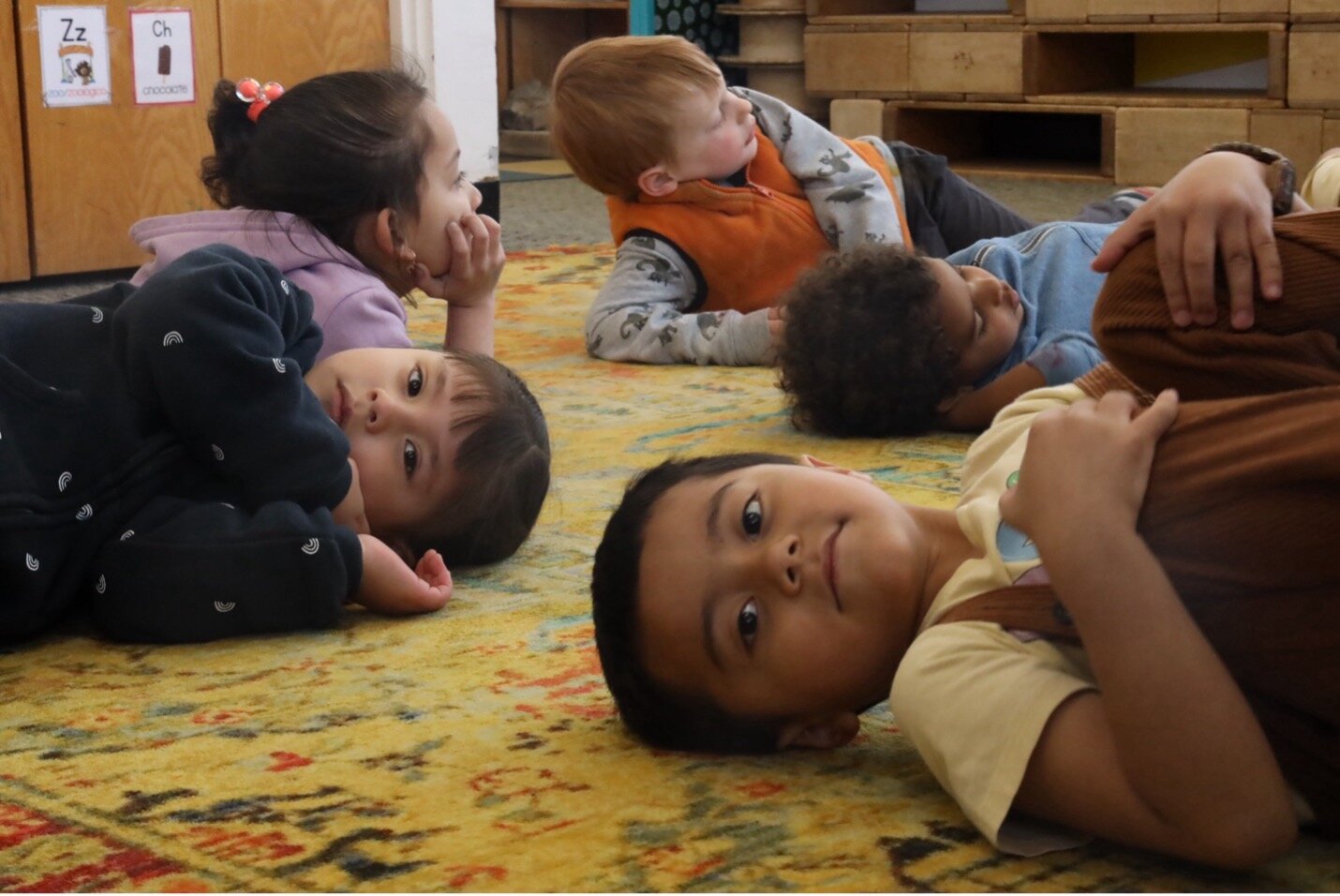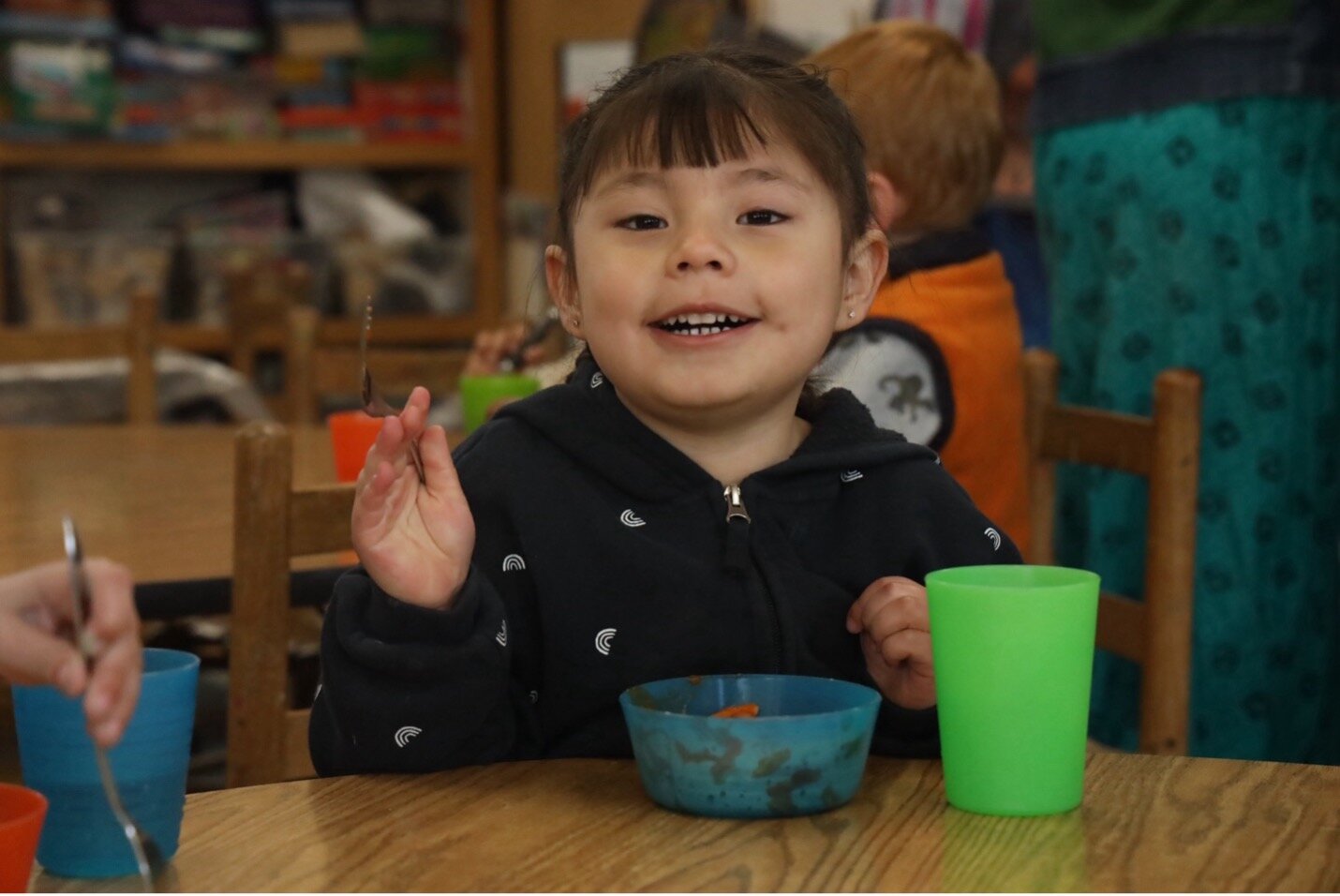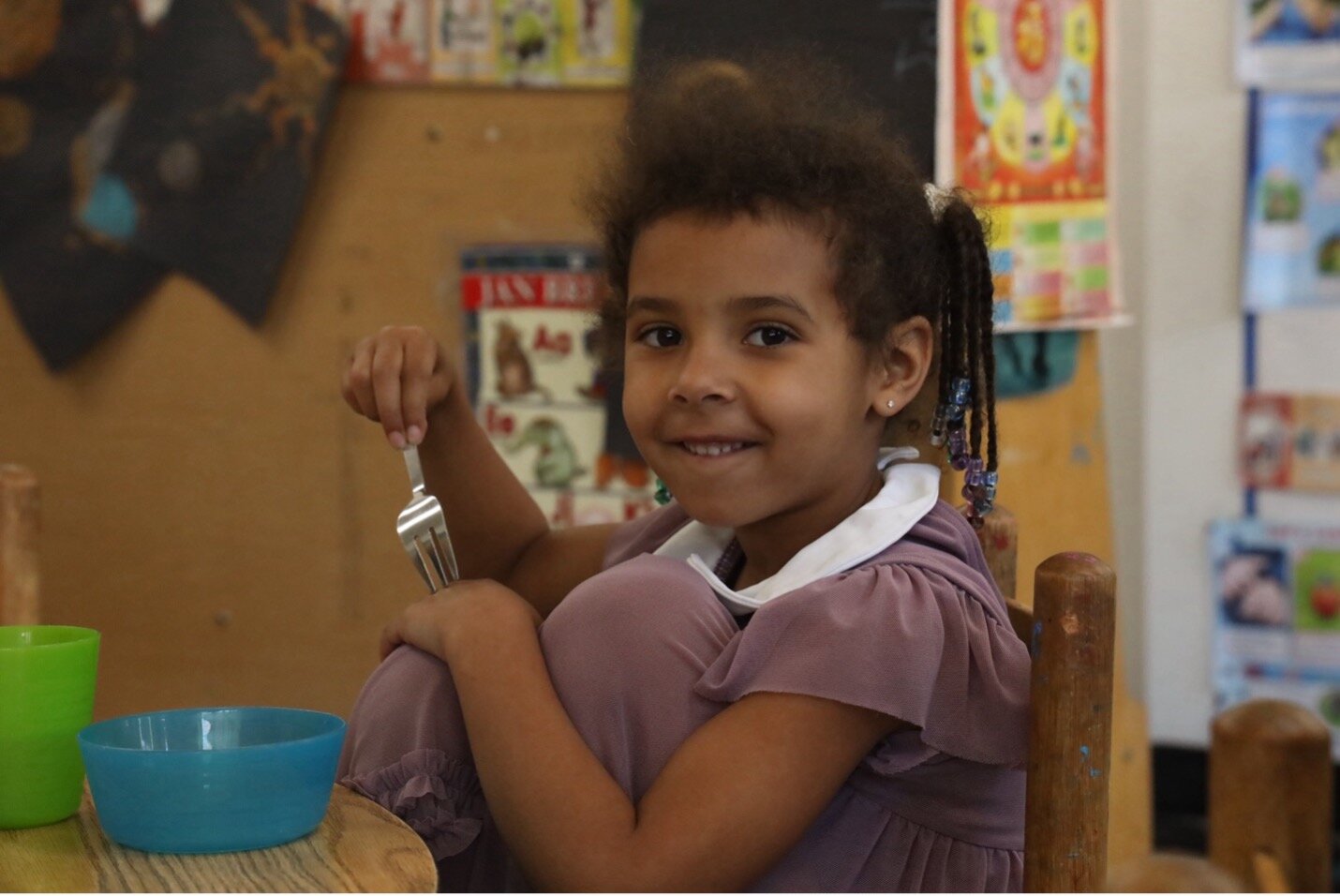Colorado UPK: With reduced funding for three-year-olds, a Boulder preschool faces financial peril

BOULDER, Colo. — "I am the director of a preschool in Boulder,” wrote Isolde Stewart in an email to Rocky Mountain PBS on March 19th. “As a program dedicated to serving a diverse population for fifty years, for the first time we are existentially threatened.”
Nestled in a quiet neighborhood in North Boulder, New Horizons Cooperative Preschool sits behind the Friends Meeting House, as it has since its founding in 1968.
Established after the assassination of Martin Luther King Jr. by a group of women looking to make a positive impact, the preschool’s mission is “to bring together children and parents from groups traditionally separated down ethnic, economic, and educational lines.”
The preschool offers a half-day bilingual program for children aged 2.5 to 7 years old.

More than half of the kids enrolled at New Horizons are from immigrant families, and more than 65% receive tuition assistance from the school, according to New Horizon’s website.
Photo: Lizzie Mulvey, Rocky Mountain PBS
This school year, with the launch of the state’s new Universal Preschool program (UPK), New Horizons and other small providers serving historically underserved three-year-olds are facing financial and administrative challenges that threaten their sustainability.
UPK offers all children in the year before kindergarten up to 15 hours a week of free pre-K. However, as the state moved from a targeted model — Colorado Preschool Program (CPP) — to a universal one, there are now fewer tuition-free hours for the full-day program, which has a significant impact on three-year-olds.
For the half-day UPK slots available to three-year-olds, school districts decide whether to keep those or share them with other local child care providers.
New Horizons was part of CPP from the beginning, said Stewart, and about one-third of their kids were classified as ‘at-risk’ three-year-olds who received state funding. Now, the preschool must subsidize those three-year-olds themselves.
“Polis and Lisa Roy want to treat it as a victory. Actually, it is kind of like tax cuts for the rich, the ones who lose out are the kids who need it the most,” said Stewart.
A few children at the preschool qualify for Colorado Child Care Assistance Program (CCCAP), which helps families that are homeless, working, searching for work or in school find low-income child care assistance. Some families fall through the cracks, in particular families who are undocumented or where both parents are not able to work.

Karla Calderon-Ramirez, aged four, attends the morning session at New Horizons.
Photo: Lizzie Mulvey, Rocky Mountain PBS
New Horizons is now operating at a loss of $2,000 per month. They have some federal covid-relief money left over, but that won’t last forever, said Stewart.
The preschool currently charges $575 per month for the five-day morning or afternoon class.
For families that can’t cover this tuition, they offer a subsidized rate on a sliding scale with support they receive from the city of Boulder, foundations and a variety of small grants. Alumni also donate — some who attended the preschool more than 40 years ago.
In 2022, the average monthly cost of preschool in Colorado was $1,575 for a full-day program, according to Brightwheel.
“We work hard to keep tuition low. Preschool is expensive, even for middle-class families, because of the high cost of housing here,” said Stewart.
Reduced funding for three-year-olds is only one challenge some preschools are facing right now, however.
The administrative tasks required to switch to UPK along with the high technological barrier-to-entry has placed a heavy burden on smaller schools that lack broader funding networks and the administrative support of school districts.
On the Colorado Department of Early Childhood website, incorrect information was listed about New Horizons, and it took the state two months to update their profile, said Stewart.
“For me to fix anything I have to go through the LCO [Local Coordinating Organization] and then they have to get into system,” she said. “We have to go through this whole other layer.”
With the launch of UPK, there is also a new enrollment process run on the state-level.
Parents first complete an online application, submitting demographic information and a ranking of their school choices. They are then notified when they are matched to a school and how many free hours they qualify for.
Families can no longer sign up directly with a preschool, but schools still help parents navigate the online application and enrollment process.
Trying to keep track of everything, especially for families whose first language is not English, is a big undertaking, said Stewart.
Of the children who attend New Horizons, 50% speak Spanish as their first or only language and more than 50% are from immigrant families. More than 65% of children are from families with low to very low-income and receive tuition assistance from the school, according to their website.

Margaret Nzoonkwelle, 5, attends New Horizons.
Photo: Lizzie Mulvey, Rocky Mountain PBS
Two of the school’s teachers, Andrea Valencia Castano and Myriam Jimenez are both native Spanish speakers. Valencia Castano, from Colombia, values the diversity of their programs.
“A multicultural place helps to develop empathy,” she said.
“You are providing something for families that is crucial,” said Stewart, and the legislature hasn’t recognized that reduced support for three-year-olds is a big problem.
“If kids are behind in kindergarten, do they ever catch up? Maybe not. That’s what programs like ours are trying to prevent,” said Stewart.
Lizzie Mulvey is the executive producer of investigative journalism at Rocky Mountain PBS. Lizziemulvey@rmpbs.org
